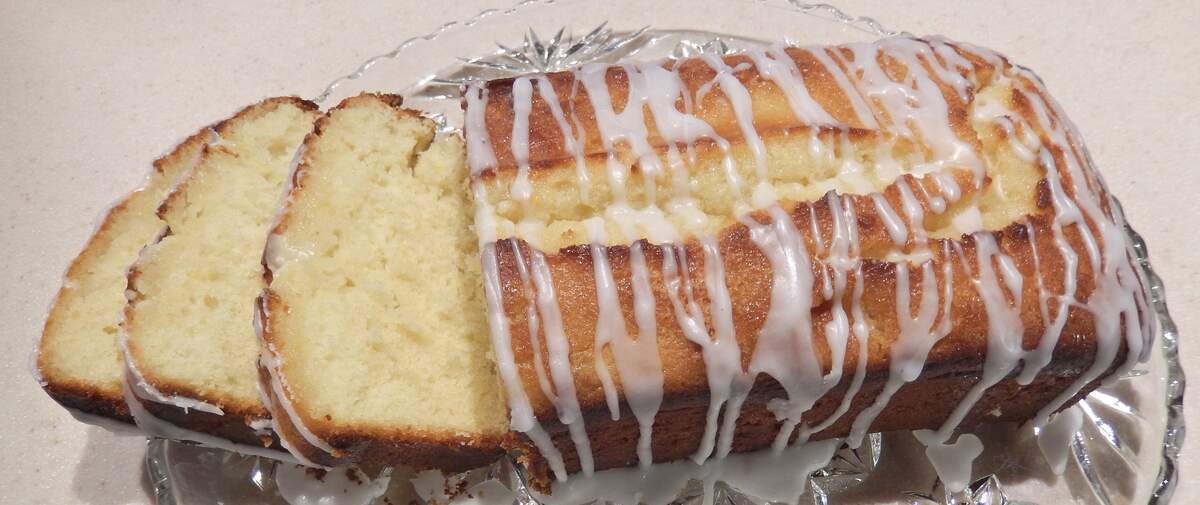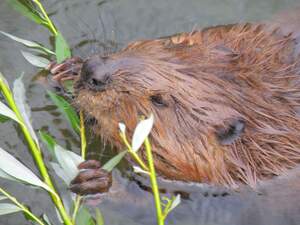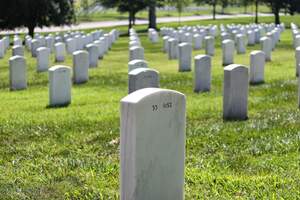

National Coffee Cake Day
Observed
annually on April 7th
Dates
Tags
Food & Drink
Snacks & Desserts
Hashtags
Sources
https://foodimentary.com/2018/04/07/april-7th-is-national-coffee-cake-day-2/
https://perfectdailygrind.com/2022/04/exploring-the-history-of-coffee-cake/
https://www.allrecipes.com/article/what-is-coffee-cake/
https://www.cdkitchen.com/recipes/articles/view/554/1/National-Coffee-Cake-Day.html
https://www.cooksinfo.com/coffee-cake-day
Coffee cake, a bread-like cake often made with fruit, nuts, and cream cheese, is celebrated with National Coffee Cake Day. Coffee cake may be glazed and often has a crunchy crumb topping called streusel. Caramel and chocolate are regularly used to make coffee cake, too. Coffee cake is soft and sweet and may or may not be made with yeast. The most common variation in the United States is a cinnamon-spiced sponge cake with a crumble topping, which can be found in supermarkets and bakeries. Coffee cake may be paired with a cup of coffee but doesn't have to be.
Coffee cake has evolved over hundreds of years and there are many different types, some particular to different parts of the world now and throughout history. In many places, it is defined as cake eaten alongside coffee, but in some places, it has a narrower definition where the cake itself is made with coffee. Modern coffee cakes are believed to have evolved from honey cakes common in Northern and Central Europe in the seventeenth century. They likely had a similar texture to bread and were made with flour, yeast, eggs, sugar, spices, dried fruits, and nuts. Sometimes they had a streusel crumb topping.
The first European coffee house dates to 1632 in Livorno, Italy, and the first coffee house in England opened in Oxford in 1650. Germany was likely the first country to pair coffee with cake, and coffeehouses became commonplace there in the mid-seventeenth century. Coffee was widely drunk throughout Europe by the end of the eighteenth century, and in the nineteenth century, European coffeehouses served small cakes, sweet breads, and cookies with coffee, in part as a way to balance the bitterness of the drink. They were not only found in Germany, but in the Nordic countries and cities like Prague, Vienna, and Budapest, expanding the reach of coffee cake.
Throughout the nineteenth century, countries began perfecting their own take on coffee cake. French pastry chefs made croissants, brioches, and savarin ring cakes that were paired with coffee. In Germany, cakes paired with coffee were known as kaffeecuchen or kleine kaffeecuchen, meaning "coffee cake" or "small coffee cakes." A time for enjoying coffee and cake together became known as fika in Sweden, kaffee in Denmark, khavi in Finland, and kaffi in Iceland. Depending on context, these words translate to something like "coffee" or "to have cake with coffee." In the Scandinavian countries, cinnamon and cardamom buns, often glazed with sugar syrup, have traditionally been eaten with coffee. Denmark is also known for brunsviger, a brioche-style cake covered in brown sugar caramel. Several coffee cakes developed in the Netherlands, including boterkoek (butter cake), ontbijtkoek (spiced breakfast cake, also known as pepper cake), and zeeuwse bolus (a type of cinnamon buns). In the United Kingdom, "coffee and walnut cake" is the standard coffee cake. A two-layer sponge cake infused with coffee, filled and topped with coffee buttercream, and decorated with walnuts, it likely started appearing in recipe books in the 1920s.
Following the coffee cake's establishment in England, it developed in North America. In the mid-nineteenth century, German and Dutch immigrants came to the United States, and tea houses emerged later in the century, where cakes and pastries from the homelands were introduced and adapted. Cookbooks in the United States soon began including coffee cakes in their bread and cake sections. Coffee cakes had their own sections in cookbooks by the 1920s, and their own cookbooks entirely in the 1960s. The most common type in the United States became a cinnamon-spiced sponge cake with a crumble topping. Today, on National Coffee Cake Day, coffee cakes of all varieties are baked and eaten across the world.
How to Observe National Coffee Cake Day
Enjoy coffee cake at a coffee shop, pick some up from a bakery, or make your own!





















